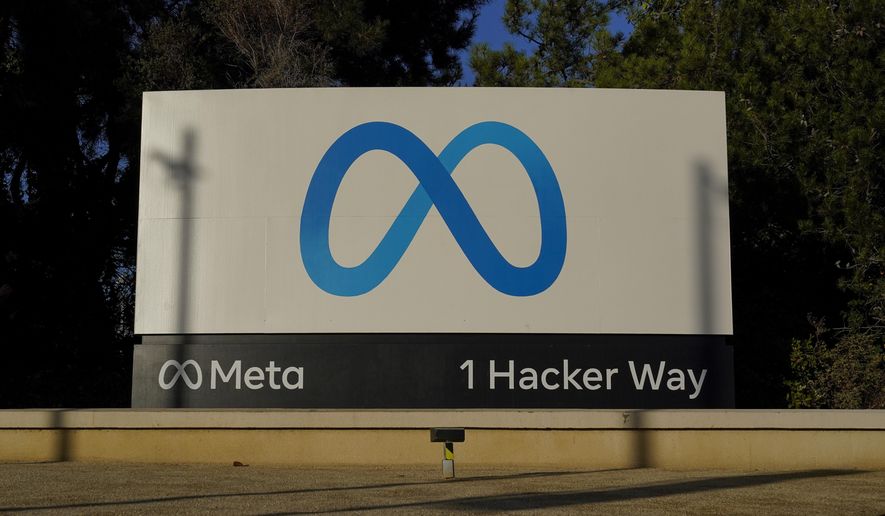Facebook was wrong to censor a post calling for the death of Iran’s authoritarian leader over the summer, according to the findings of an oversight board tied to the social media giant.
The independent oversight board for Meta, the parent company of Facebook, has “overturned” the “decision to remove a Facebook post protesting the Iranian government,” the board said this week.
The development comes amid criticism faced by Meta, which is also the parent company of the messaging platform WhatsApp, from Iranian activists during the violent crackdown by Iran against protests that have rocked the country in recent months.
In July, a posting by a Facebook user said “marg bar Khamenei,” which translates to “death to Khamenei,” a reference to Ayatollah Ali Khamenei, who heads the theocratic regime in Tehran.
In their statement this week, Meta’s oversight board members said Facebook representatives erred in removing the post on grounds it violated a company rule barring posts that carry violent threats. The oversight board said the post carried more of a rhetorical meaning and that Facebook representatives overreached by reading it literally.
The phrase “marg bar Khamenei” is “often used as political rhetoric to mean ’down with Khamenei,’” the oversight board said in its statement.
“The Board has made recommendations to better protect political speech in critical situations, such as that in Iran, where historic, widespread protests are being violently suppressed,” the statement said. “This includes permitting the general use of “marg bar Khamenei” during protests in Iran.”
Several cities in Iran have been rocked by protests since September following the death of Mahsa Amini, a 22-year-old Kurdish Iranian woman who died in custody after being arrested for wearing “inappropriate attire” under the Iranian regime’s strict dress code for women.
The role played in Iran’s unrest by social media companies has come under scrutiny from Iranian protesters.
In September, Meta denied accusations by Iranian activists that it’s WhatsApp messaging platform was working with the Iranian government to disrupt communications of activists outside Iran, according to a report by the U.S. government-backed Radio Free Europe/Radio Liberty.
• Guy Taylor can be reached at gtaylor@washingtontimes.com.




Please read our comment policy before commenting.